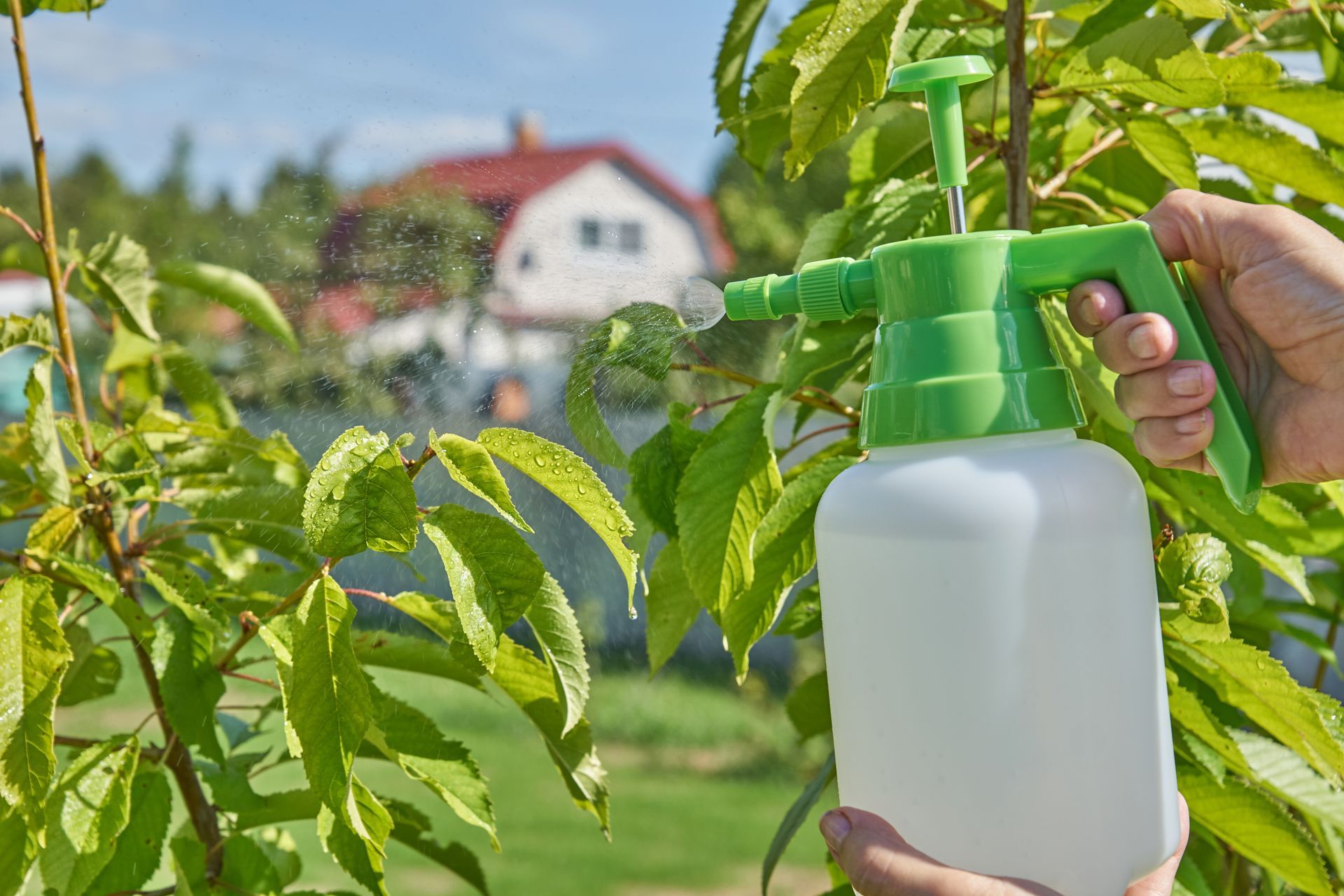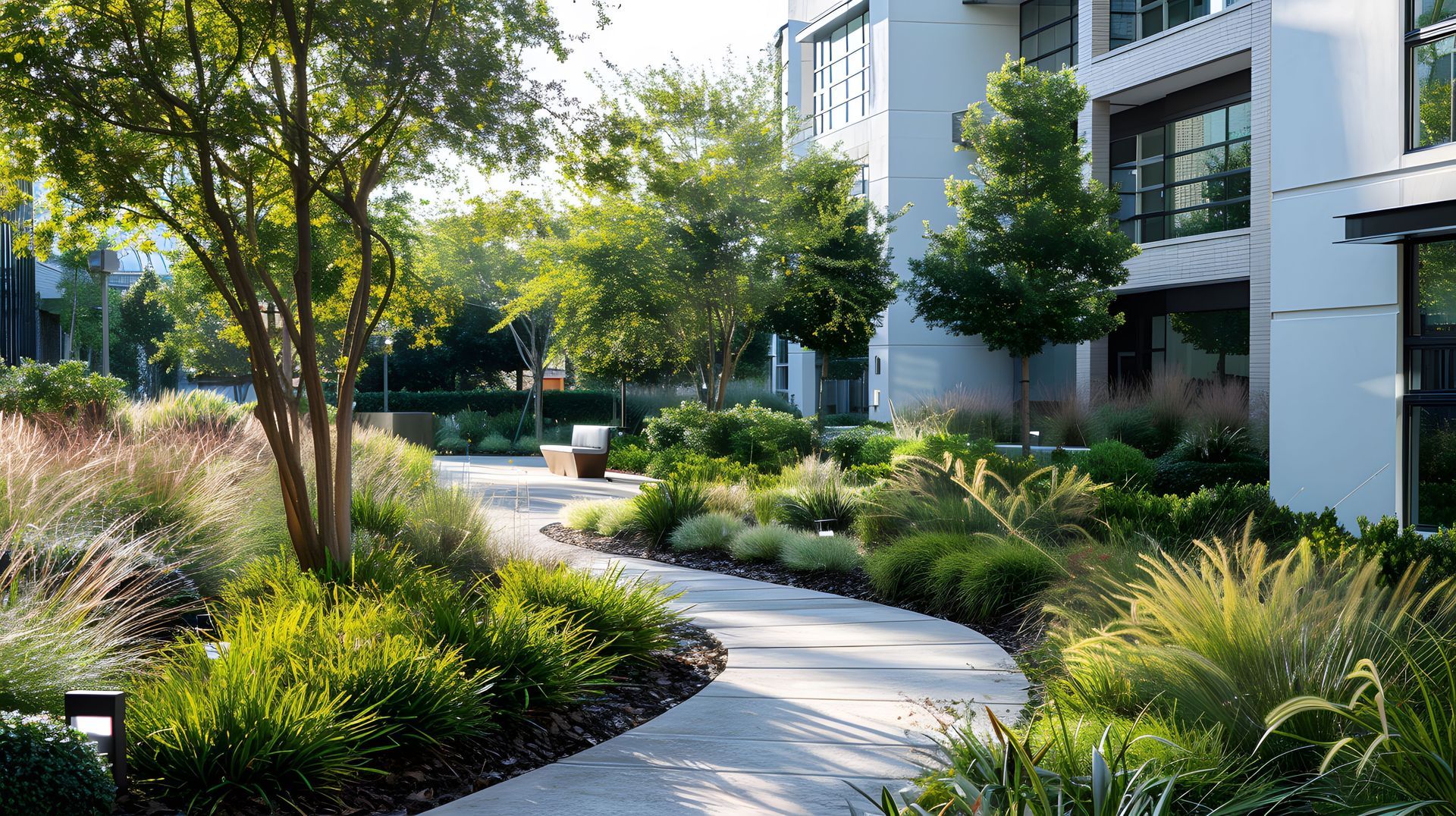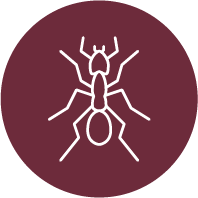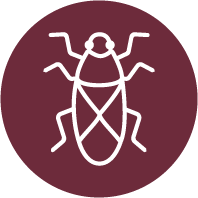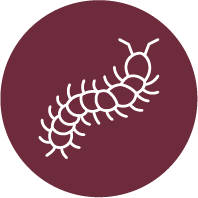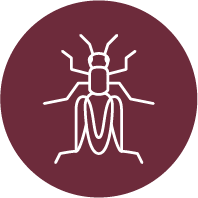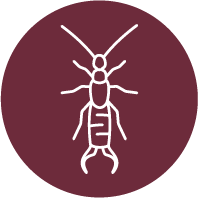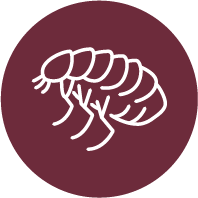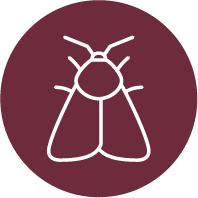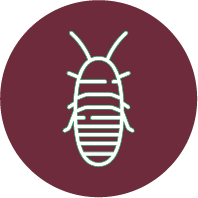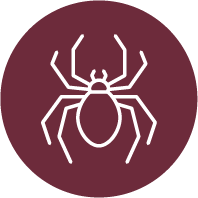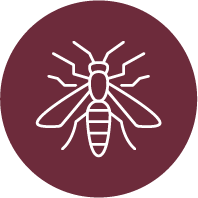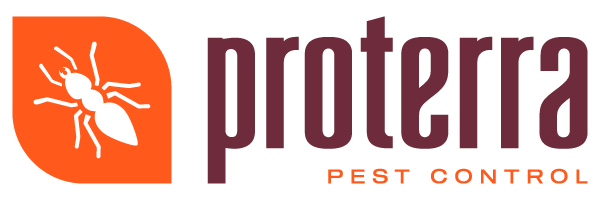Creating a Pest-Free Workspace
Maintaining a pest-free workspace is essential for businesses located in the Tri-Cities—comprising Kennewick, Pasco, and Richland. Office environments can be attractive to pests like ants, cockroaches, and rodents when food remnants and clutter provide easy access to shelter and nourishment. Fortunately, there are proven strategies for managing infestations without resorting to harmful chemicals or methods that negatively impact the environment. By understanding the risks pests pose to workplaces, implementing preventive measures, and scheduling regular professional inspections, business owners can protect their investment, ensure employee well-being, and keep operations running smoothly.
Why Pest Control Matters for Tri-Cities Businesses
Offices in the Tri-Cities face seasonal shifts in temperature and humidity that can heighten pest activity. Fluctuations drive different species indoors searching for resources like warmth, water, and food. Aside from unpleasant surprises scurrying between desks, pests can pose genuine health concerns. Rodents and insects may cross-contaminate surfaces, equipment, and shared snacks. Furthermore, droppings or carcasses in ventilation systems reduce air quality and may trigger allergic reactions in some employees.
A 2020 report from the Centers for Disease Control and Prevention (CDC) emphasizes that poor indoor environmental quality can contribute to decreased productivity, absenteeism, and a decline in employee morale. Investing in a solid pest control strategy establishes a healthier and more productive working atmosphere for all.
Common Office Pests
Tri-Cities offices commonly encounter a few primary culprits:
- Ants: Known for forming large colonies, ants frequently infiltrate break rooms and communal eating areas in search of spilled food or unsealed garbage.
- Cockroaches: Often found in warm, humid places—such as near pipes, drains, or behind break room appliances—cockroaches can spread bacteria and exacerbate respiratory issues.
- Rodents: Mice and rats are notably resourceful, squeezing through gaps as small as a dime. Once inside, they chew on wiring and packaging, creating safety hazards and potential property damage.
Each of these pests carries distinct risks, but a strong preventive strategy can go a long way in deterring them. Business owners who invest time in simple housekeeping routines often discover that pest sightings significantly diminish.
Proactive Measures to Prevent Infestations
Because conventional workspaces host multiple employees and steady foot traffic, minor oversights can enable pest entry and settlement. By taking the following steps, Tri-Cities offices can substantially reduce the risk of infestations:
Thorough Sanitation: Regularly cleaning high-traffic zones, particularly kitchens and dining areas, helps prevent food residue from attracting pests. Encourage employees to clean up spills and wash dishes or utensils promptly. In addition, you may want to schedule periodic deep cleans to target less obvious areas like under vending machines or behind large furniture.
Proper Waste Management: Sealed trash containers reduce odors and eliminate an accessible food supply. Daily emptying of these bins—especially if they contain food remnants—removes a major source of pest attraction. Also, placing dumpsters and recycling bins a safe distance from office entrances helps keep pests from slipping indoors.
Sealing Entry Points: Inspect the office perimeter for potential gaps or cracks. Even tiny openings in windowsills, door frames, or utility lines can grant easy pest access. Sealing these small but significant entry points makes a noticeable difference over time.
Mindful Storage Practices: Invest in durable, sealed containers for storing paper, files, and edible goods. This ensures pests have fewer hiding spots and discourages rodents from nesting in archives or boxes. A well-organized storage setup also makes routine inspections easier to conduct.
Encouraging Employee Awareness: Educating staff on best practices—such as not leaving food out overnight and reporting sightings promptly—turns your entire workforce into a vigilant pest-monitoring team. Regular reminders during staff meetings or via company newsletters can keep this topic at the forefront of workplace habits.
The Importance of Professional Inspections
While diligent workplace habits form a superb first line of defense, regular professional inspections unlock a deeper level of reassurance. Pest control experts are trained to spot early warning signs that might go unnoticed by busy office staff—such as minuscule droppings, hidden nests, or subtle structural vulnerabilities. They can tailor treatments and preventive plans designed specifically for the Tri-Cities climate, ensuring effective pest management with minimal environmental impact.
In fact, scheduled pest control maintenance often proves more cost-effective in the long run. By catching an issue in its initial stages, offices avoid the expense of large-scale exterminations, business disruptions, and negative publicity. A professional assessment can also guide you toward eco-friendly options that align with your commitment to a safe, healthy environment.
The Path to a Pest-Free Workspace
A pest-free environment enhances employee morale and productivity, while safeguarding valuable equipment, resources, and data. By prioritizing routine cleaning, eliminating entry points, and investing in expert inspections, Tri-Cities offices can reap the rewards of a healthy, clean workplace.
To learn more about how
Proterra Pest Control can support your office pest control strategy, be sure to explore our
contact page or other relevant services detailed on our site. From preventive solutions to scheduled inspections, our team is ready to help Tri-Cities businesses maintain a professional and pest-free space.
